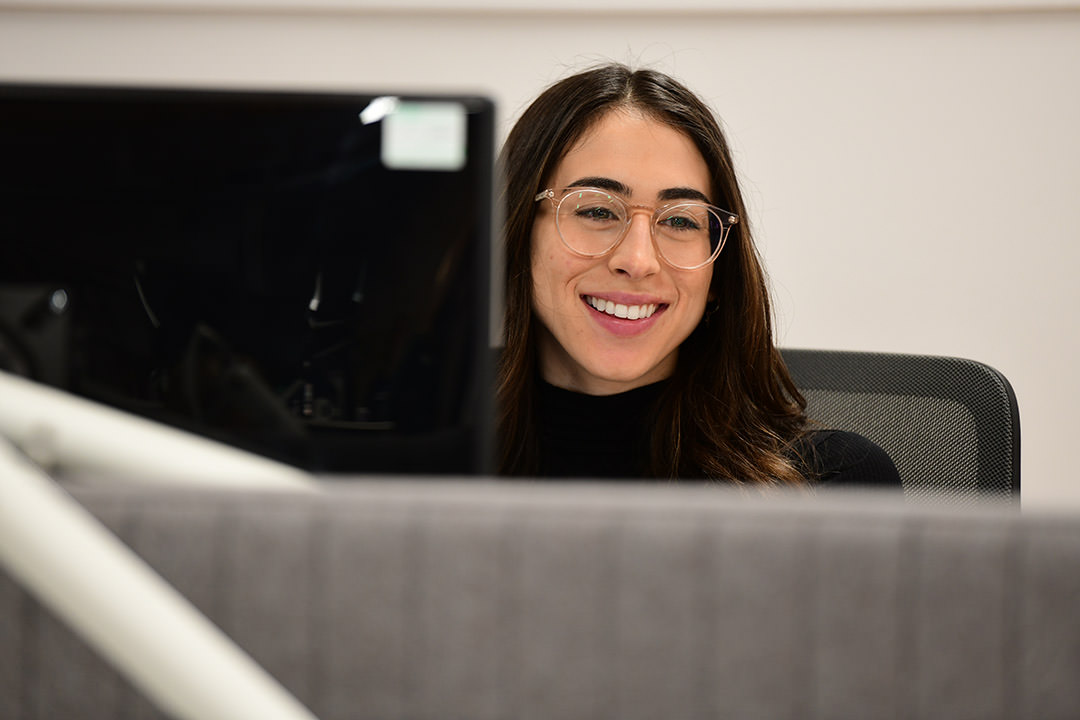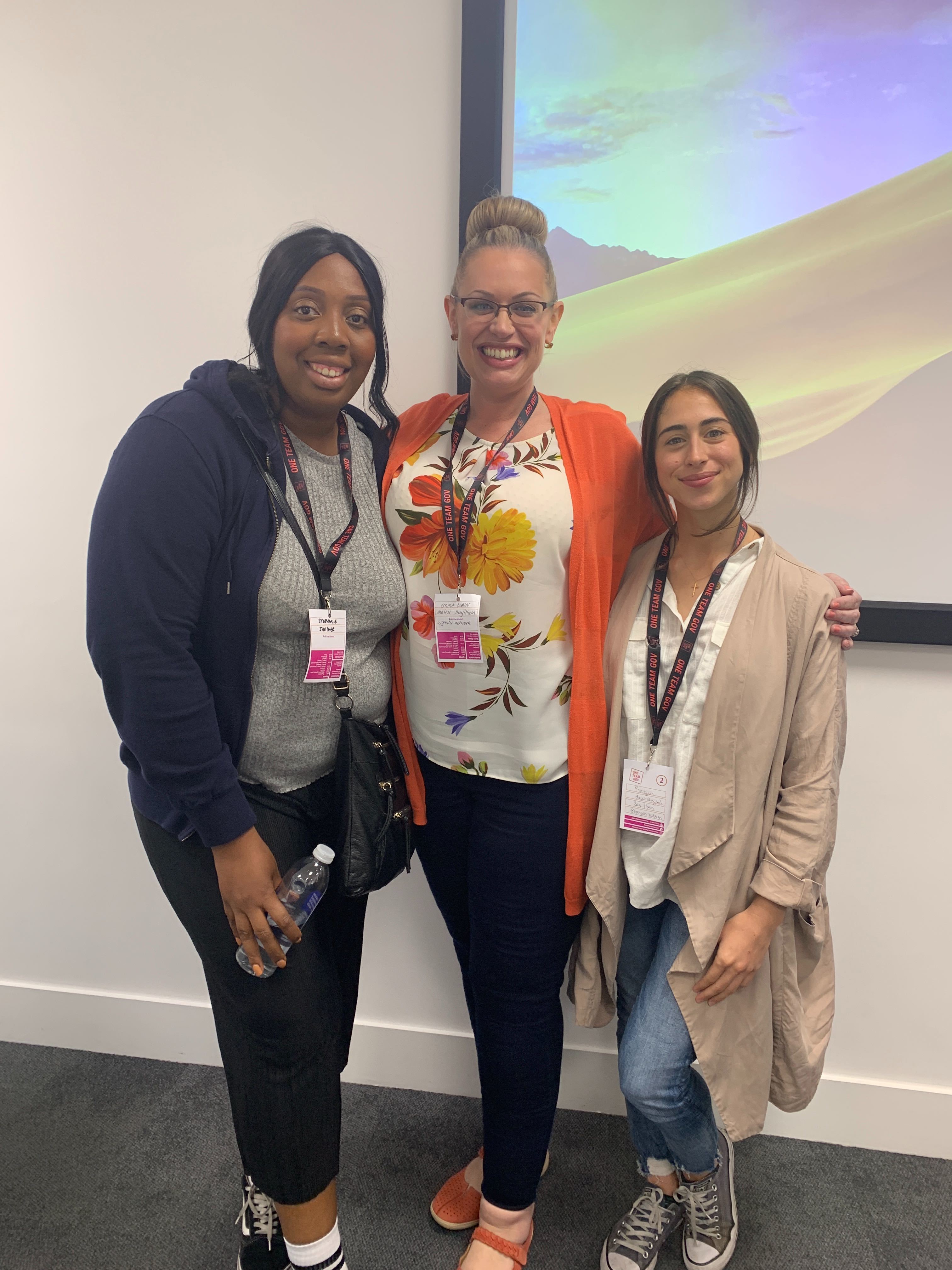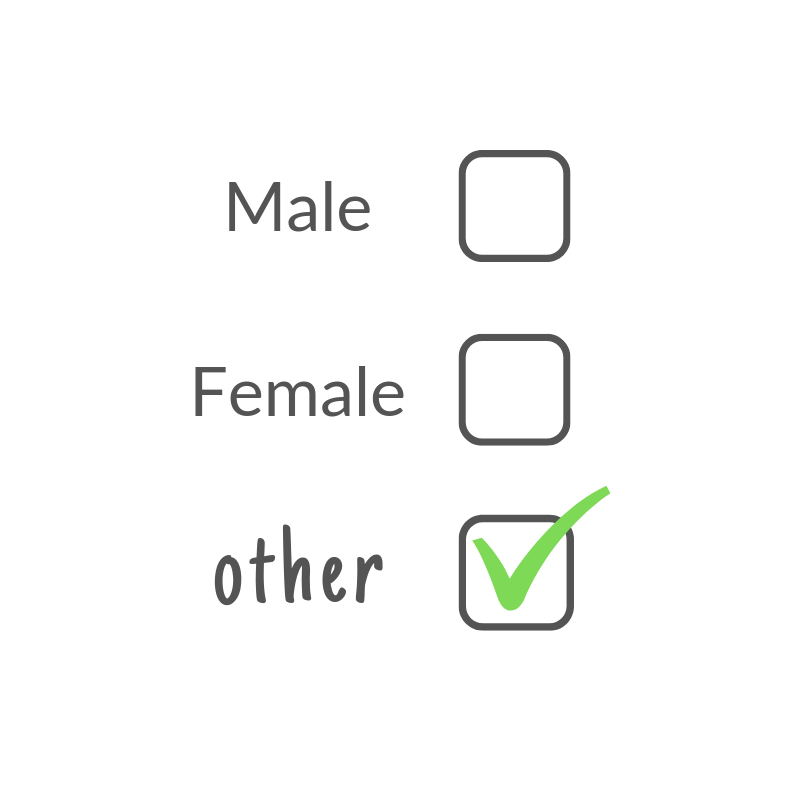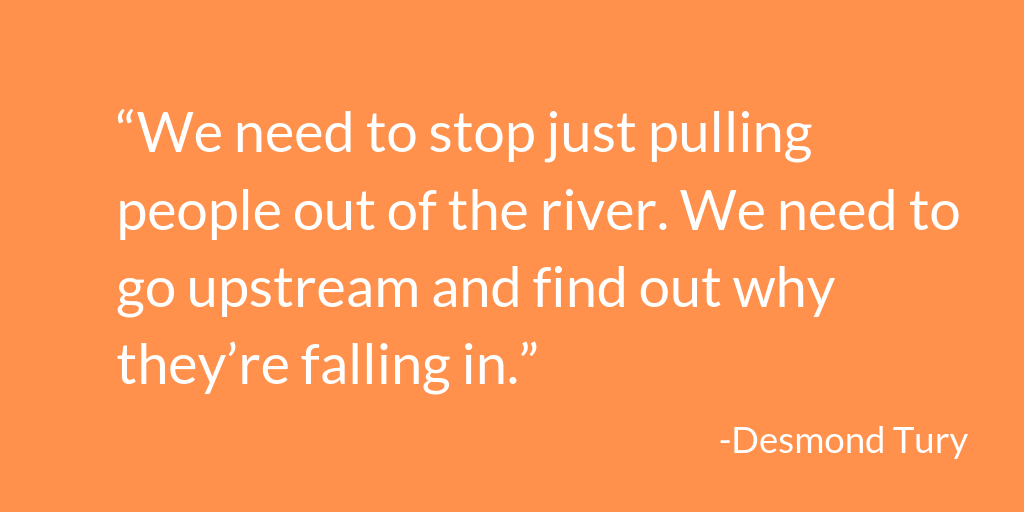OneTeamGov Wellbeing Camp recap

It asks the burning questions we often don’t vocalise in the workplace
A couple of weeks ago (during our own dxw wellbeing weeks) I attended the One Team Gov (OTG) Wellbeing camp. I’m so happy I did. It was the first time I had been at a conference where everyone really seemed to have the same goal (no, not getting out of the office for a day) – to develop a deeper understanding about wellbeing and ask the burning questions we often don’t vocalise in the workplace. “Why am I constantly tired? Why do I keep getting sick? Am I the only one who feels like I don’t fit in here? Can I ask for a mental health day?”
It was evident that this was a topic which deserves more than one day’s attention.
Session 1: Stress management
The first session I went to was facilitated by Fresh Air Fridays, a team who work with organisations and individuals to support and improve mental and emotional wellbeing through 12-session programmes. They taught us simple, yet transformational techniques to manage stress and communication.
My favourite exercises were the 7/11 breathing technique, where you slowly inhale for 7 seconds and exhale for 11 seconds (altering the ratios as needed) and try to think of only your breath. This is great to practise when you’re feeling stressed or anxious and can be done anywhere.
The second exercise involved sitting with a partner and listening to them speak for 3 minutes and then trading places. The goal as the listener was to focus on what your partner was saying without offering commentary. This taught me:
- It’s very relaxing to listen to someone speak without getting distracted with your own thoughts.
- Often, people will solve their own problems just by talking through them. You don’t need to offer your opinion, you just need to let them fully voice what they’re feeling without interruption.
- It feels good to be truly heard. There’s a noticeable difference when you’re speaking to someone who’s already thinking of what to say next, versus someone who is really listening to you.
Session 2: Intersex
Another highly impactful session (and the most moving session I’ve ever been to) was led by the brilliant Emma Dunn, who spoke about her life and journey as an intersex person. “Intersex people are individuals born with any of several variations in sex characteristics including chromosomes, sex hormones, or genitals.”
Before this session, I was completely uneducated on what intersex is, and now that I am, I really hope society develops a deeper awareness too. Emma opened up to us about the trauma she faced at doctors appointments due to their lack of education on this condition. It’s shocking to me that in 2019, the medicine Emma needs is only found in Australia.

To make society better and more inclusive, we must be advocates for those who aren’t getting the support and care they need. A very simple way to do this, Emma explained, is to add a third box to any form which requests your gender and ensure that there is an option other than just ‘male’ or ‘female’, as these two options don’t relate to every person.

Emma is the Chair of a:gender, the network supporting all trans, intersex and non-binary staff across government departments and agencies. Visit their website to learn more about their inclusive support network. A huge thank you to Emma for sharing her story – it was profoundly moving.
Session 3: Burn-out
“Do you check your emails first thing when waking up?” “Are you ‘too busy’ to have breakfast?” “Do you come in early, leave late?” These were some of the questions asked in this session about ‘burn-out’ led by Sarah Carter.
The World Health Organisation states, “Burn-out is included in the 11th Revision of the International Classification of Diseases as an occupational phenomenon. It is not classified as a medical condition.” They define burn-out as “a syndrome conceptualised as resulting from chronic workplace stress that has not been successfully managed.”
We learned that the side effects of burn-out include: anxiety, irritability, hopelessness, pessimism, fate, brain fog, lack of concentration, sleep issues, eating disorders, detachment, fatigue, and more.

To assess burnout in ourselves, Sarah advised listening to our bodies. “Are you getting sick more often? Have your colleagues been noticing changes in you? How honest are you being about your work/life balance?” Once you’ve assessed these side effects, it’s important to overcome and prevent burnout from happening again. This isn’t something we can heal over a long weekend. Sarah explained, “Burn-out can take months, not weeks, to recover from.”
Burnout doesn’t happen in isolation. Sarah talked about the negative effect that it has on teams and business, such as poor performance, additional cost, and reputational risk. She explains, “Leaders: Keep your eyes and ears open. Acknowledge and address the root cause. Be empathetic. Don’t pay lip service to a problem. Take action.”
You can see Sarah’s presentation slides here.
Every session I attended at OTG wellbeing camp was fascinating. I know that my takeaways will benefit me personally and professionally, and I encourage everyone to attend this event in the future. Thank you so much to the speakers who took the time to educate us, and to the campmakers who made the whole day go smoothly.